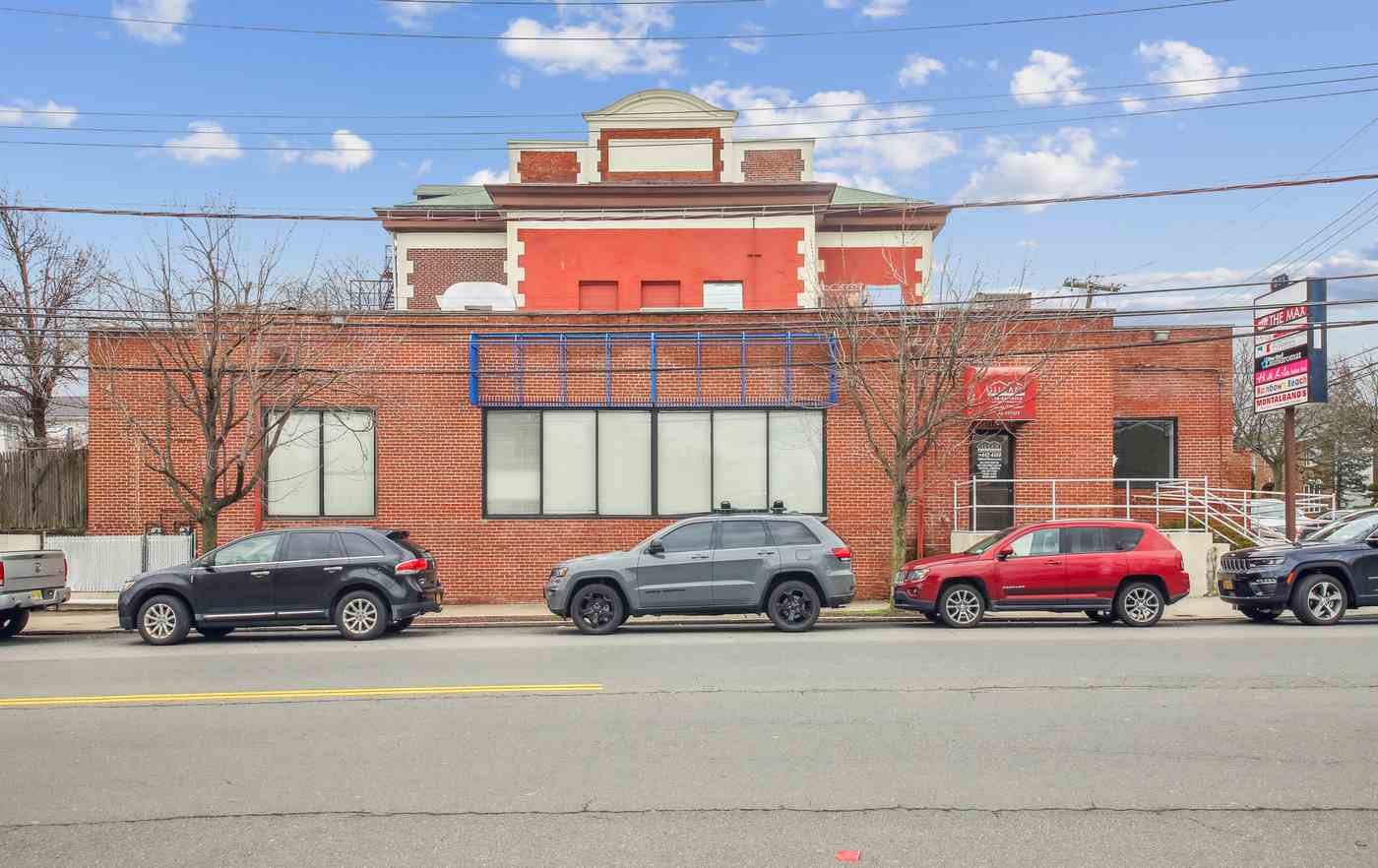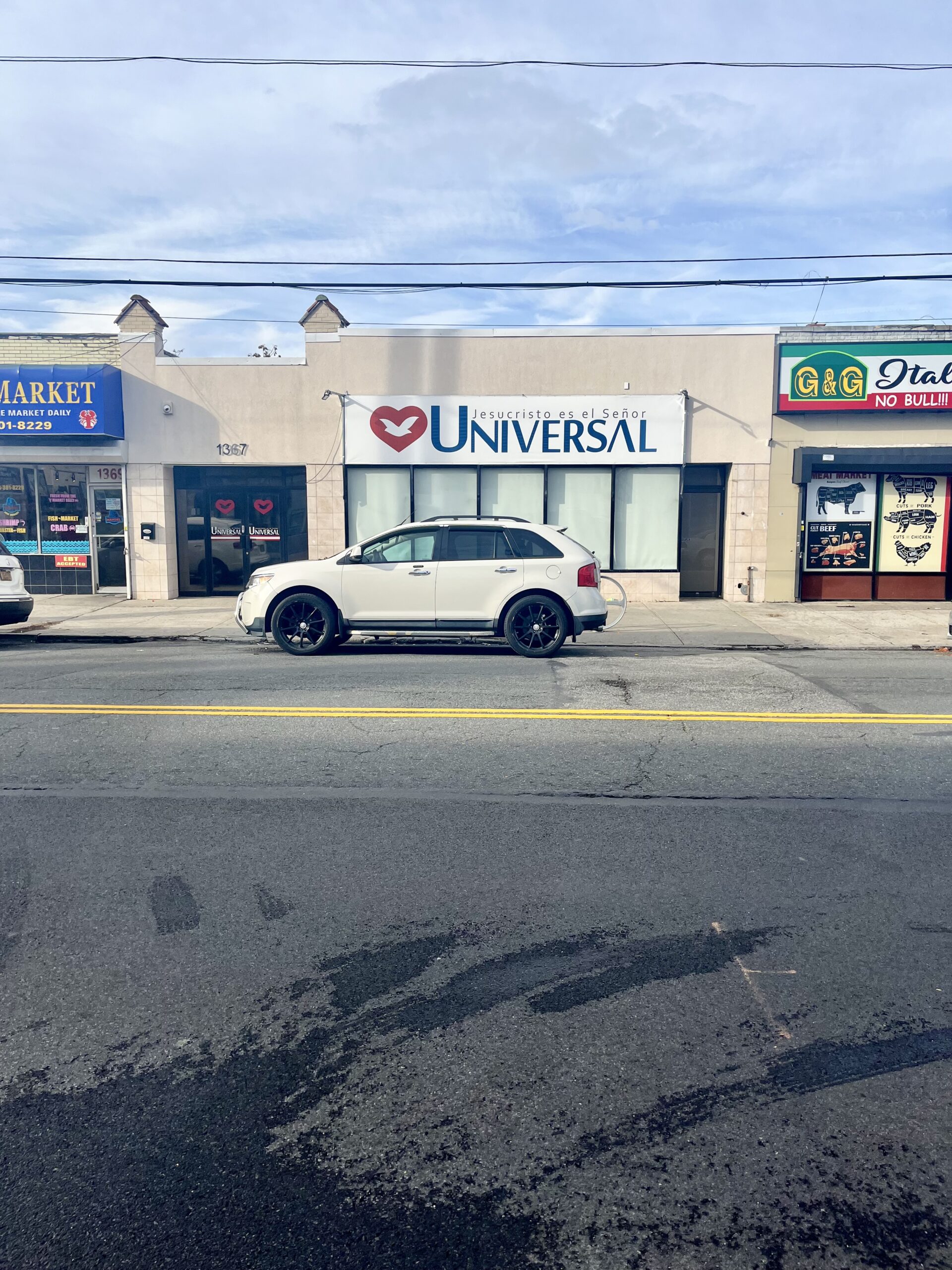What Is Foreclosure?
Primarily, foreclosure refers to a process used by lenders to get the house back from borrowers who can no longer pay their mortgages. It is a legal action initiated against the borrowers to make sure the lenders can take their money back.
For example, if you’ve stopped making payments on your mortgage, your lender, whether a bank or other lending institutions, will file an action to take ownership of your house, sell it in a public auction, and use the proceeds of the sale to fully repay your home loan.
However, dealing with a foreclosure of a real estate property can be complicated. You need to understand why it occurs in the first place. If you don’t want your home to be foreclosed, there are several things you can do to avoid the situation. One of them is to work with a cash home buyer who is willing to buy your house as soon as possible. To learn more about this option, you can check some websites like https://sellyourhousefastlv.com/ to look for immediate and sure buyers.

What Are The Steps Involved In A Foreclosure?
Now that you know what foreclosure means, it’s time to learn about what actually happens while your property is going through this complicated legal process. Although the procedures may differ from one state to another, below are the common stages involved in a foreclosure:
-
Failure To Make Payments
As mentioned previously, the possibility of getting your property foreclosed usually starts with your failure to make timely payments. This situation may be caused by a variety of reasons such as unemployment, medical challenges, divorce, and many more.
If you’re in a tough financial situation, set an appointment with your lender and reach a payment agreement that doesn’t lead to a foreclosure. Generally, lenders only consider foreclosure as the last resort to get their money back since it’s costly and time-consuming. However, if you take these missed mortgage payments for granted, your lender will not hesitate to place your property into the foreclosure process.
-
Public Notice
After being in default for three to six months, your lender will go to the County Recorder’s Office to record a public notice indicating that you’ve missed making mortgage payments. Depending on the laws applicable to your state, your lender may also be required to post the notice on your property’s front door to let you know that you’re at risk of losing your property rights.
-
Pre-Foreclosure
Once you receive the public notice from the lender, the pre-foreclosure stage will commence. At this point, you may be given 30 to 120 days, depending on your local laws, to work out a payment agreement with your lender. Whether it’s paying the full amount or selling the house for cash, the foreclosure process stops and you don’t get evicted from your house once you pay the lender. But, if you can’t fulfill your debt despite the time extension, the process continues.
-
Auction
This may be the most complicated stage when your property goes into foreclosure. The lender will schedule a date for your house to be sold in a foreclosure auction. At the auction, your house will be sold to the highest bidder for cash payment. However, considering the technicalities involved in the process, you may be entitled to a right of redemption wherein you pay the amount in cash to stop the foreclosure.
-
Post-Foreclosure
If a third party doesn’t buy your property at the auction sale, your lender will take possession of it. At this point, your house will become a bank-owned property. To recover the unpaid cash, they’ll sell the property at a liquidation auction, usually held at convention centers or auction houses.
Bottom Line
Foreclosure is a lengthy process that can take away your prized possession in a snap. This is one of the reasons why you should learn about the process involved and ways to prevent this situation from happening. If possible, you can talk to a foreclosure attorney to walk you through the process in detail. This way, you can keep your property without going through all the hassle involved in foreclosure proceedings.







Leave a Comment